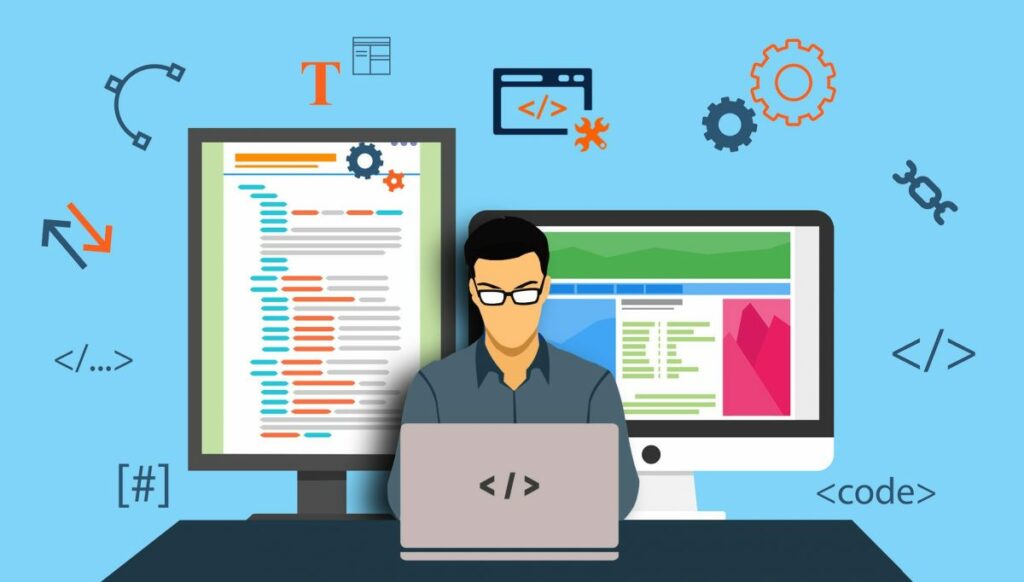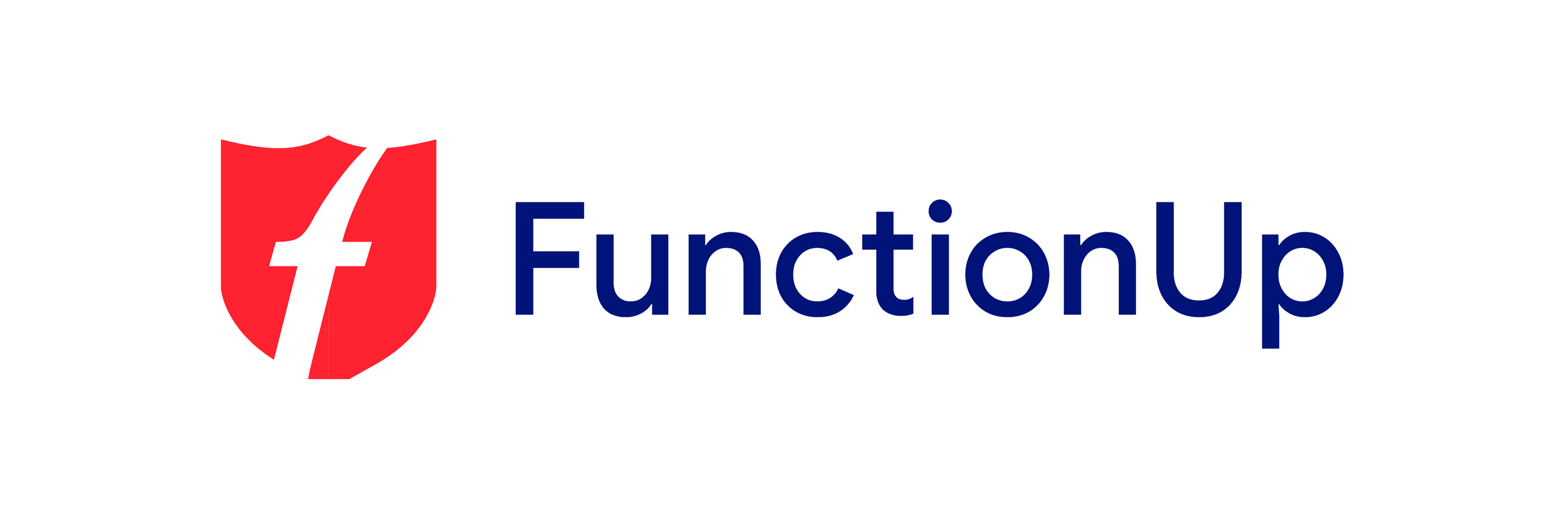
If you’re like most people, the interview is often among the most stressful elements of the job search process. However, it doesn’t have to be. With some preparation, you’ll be able to enter your interview relaxed and calm.
We’ll cover the most commonly asked questions you’ll be asked when applying for the entry-level position of a data analyst. We’ll explain what interviewers are looking for and how to respond to each question. We’ll also review some guidelines and best practices to ensure interview success. Let’s get started.
Top 10 Data Analytics Questions To Prepare for Data Analyst Interviews
These questions deal with data analysis at the highest level and tend to show during the interview early.
What qualities make you the perfect candidate for Data Analyst role?
This question could appear broad and unending, but the real issue is your relationship to data analytics. Make sure you focus on the path you’re taking to become an expert in data analysis. What inspired you to pursue this field? What data analysis skills do you have from the past or your studies?
While you write your answer, you should be able to answer the following three questions: What do you find fascinating about the study of data?, What is it that excites you about this job? Or What makes you the most qualified person to fill the position?
Do you recognize the significance of this role for the business?
If you’re interested in the position of an analyst in data, you are familiar with the fundamentals of what analysts in the field do. You don’t need a dictionary definition to show your knowledge of the job and its significance.
Define the primary responsibilities of the data analyst, including identifying, collecting information, cleaning, and analyzing. Explain the ways these tasks will lead to better business decisions. Be prepared to talk about the advantages of data-driven decision-making.
What are your strengths and your weaknesses?
When interviewers ask you the same type of inquiry, they’re typically looking at what you can do to improve as an analyst of data. How do you handle challenges and evaluate the effectiveness of a data project?
When you’re asked about a job you’re proud of allows you to showcase your talents and capabilities. Discuss your part in the project and why it was such a success. At the same time, you are preparing your answer to examine the initial job description. Try to include some of the abilities and qualifications that are listed.
If you’re asked to answer the opposite that is asked (least effective or the most difficult project), Make sure that you concentrate your response on lessons you’ve learned. Find out what went wrong – perhaps your data needed to be more sufficient, or the sample size needed to be increased. Then explain what you would change in the future to fix the mistake. Humans make mistakes, and they happen in life. The most important thing here is your ability to learn from your mistakes.
Can you handle large data sets?
A lot of businesses have more data available than they have ever had. Managers who hire you are looking for proof that you can handle large and complicated datasets. Make sure to focus your answer on the type and size of the data. What number of entries and variables did you use? What kinds of data were included in the set?
The experiences you share can be something other than an actual job. It is common to deal with different data sets of various sizes and types as part of a data analysis class, bootcamp, certificate program, or degree. When you create your portfolio, you can work on independent projects requiring you to find and analyze a data set. This is all solid information that can be used to construct your solution.
What’s your process of thought? Are you an analytical person?
In this type of interview (sometimes called an estimate), the interviewer will present you with a challenge to resolve. What is the most appropriate time to give a discount on shoes? What would you consider the profits per week for your restaurant of choice?
The goal is to test your ability to solve problems and your general comfort using numbers. Because this is about your thinking about your thoughts, you should be able to talk while you think through your solution. Try to answer What kinds of information would you require?, Where could you look for this information? Or If you’ve got the information, what can you do with it to come up with an estimate?
What do you do with missing data or outliers, duplicate data, and so on?
If you’re a Data Analyst, data preparation, also referred to by the name of data cleansing or cleansing, can account for the bulk part of the time. Employers are likely to be looking to see if you are familiar with the procedure and why it’s crucial.
In your response, provide an overview of data cleansing and why it is important in the process. You can then follow the steps you usually perform to cleanse the data. Think about mentioning the way you deal with:
Missing data
Duplicate data
Data from various sources
Structural errors
Outliners
What are your communication skills?
Although the ability to extract conclusions from data is crucial for any data analyst and data analyst, the ability to convey those insights to managers, stakeholders and other non-technical employees is equally important.
The answer you give should reflect the kinds of audiences you’ve addressed previously (size of the audience, background). If you have a limited amount of experience with presenting, you can still talk about how you’d convey findings in different ways according to the type of audience.
Tips: In certain situations, the interviewer may not participate in data analysis. Therefore, the entire process is a chance to show your ability to speak effectively. Practice your answers with an untechnical family member.
Do you let information or your expectations guide your analysis?
Influential data analysts let data tell the tale. Data-driven decisions are based on facts instead of intuition or instincts. In asking the question, the interviewer could be trying to figure out the following: How do you verify results to confirm the accuracy of your results? How can you avoid the bias of selection? Or If you find unexpected business opportunities, you’ll be amazed at the results.
You must explain the incident that astonished you and the lessons you took away from the experience. This is the chance to show your inherent curiosity and desire to gain new knowledge through the data.
What do you know about the company?
Before you interview:
Conduct some background study about the business, its objectives, and its market.
Think about the kinds of business issues that can be addressed through data analysis and the kinds of data you would require for this analysis.
Learn more about the use of data by your competitors and within the business. Be professional by linking this to your company. What can this analysis contribute to the business value?
Questions on technical skills:
Interviewers will look for applicants with a full range of skills in technical data analysis. The questions are targeted at the evaluation of your skills across various abilities.
Do you have the basic skills with the tools you use every day as Data Analyst? What kind of training do you require?
It’s a good time to review the job description and find any software mentioned. When you reply, describe how you’ve used the software (or similar software) before. Make sure you are familiar with the software by using the appropriate terms.
Use software that you’ve tried to perform various steps of data analysis. Provide a minor detail in this section. The product you used and the purpose you did with it should suffice.
The main question: Is there anything you want to know?
Nearly every interview, regardless of field, is a variant of this question. The process involves you looking at the company’s performance as much as the business reviewing your performance. Prepare some questions for your interviewer; however, feel free to ask questions you were asked during the interview.
Tips for preparing your interview
Prepare yourself for success at your next interview with a data analyst by using these questions in conjunction with those in the FunctionUp Interview Sessions. Learn how to structure your responses with a framework, research the company, and customize your answers to fit the role.
Start your career as a Data analyst with FunctionUp
If you believe a career as data analyst might be the perfect choice for you, begin developing the skills you’ll need for a job at an entry-level through professional mentors from FunctionUp.
Learn about a Data analyst’s job and R programming using the FunctionUp. Discover the various roles available within the world of data as you learn Python using Data Analyst Professional or move through the complete end-to-end data analyst workflow using Excel along with the R Professional Certificate.
